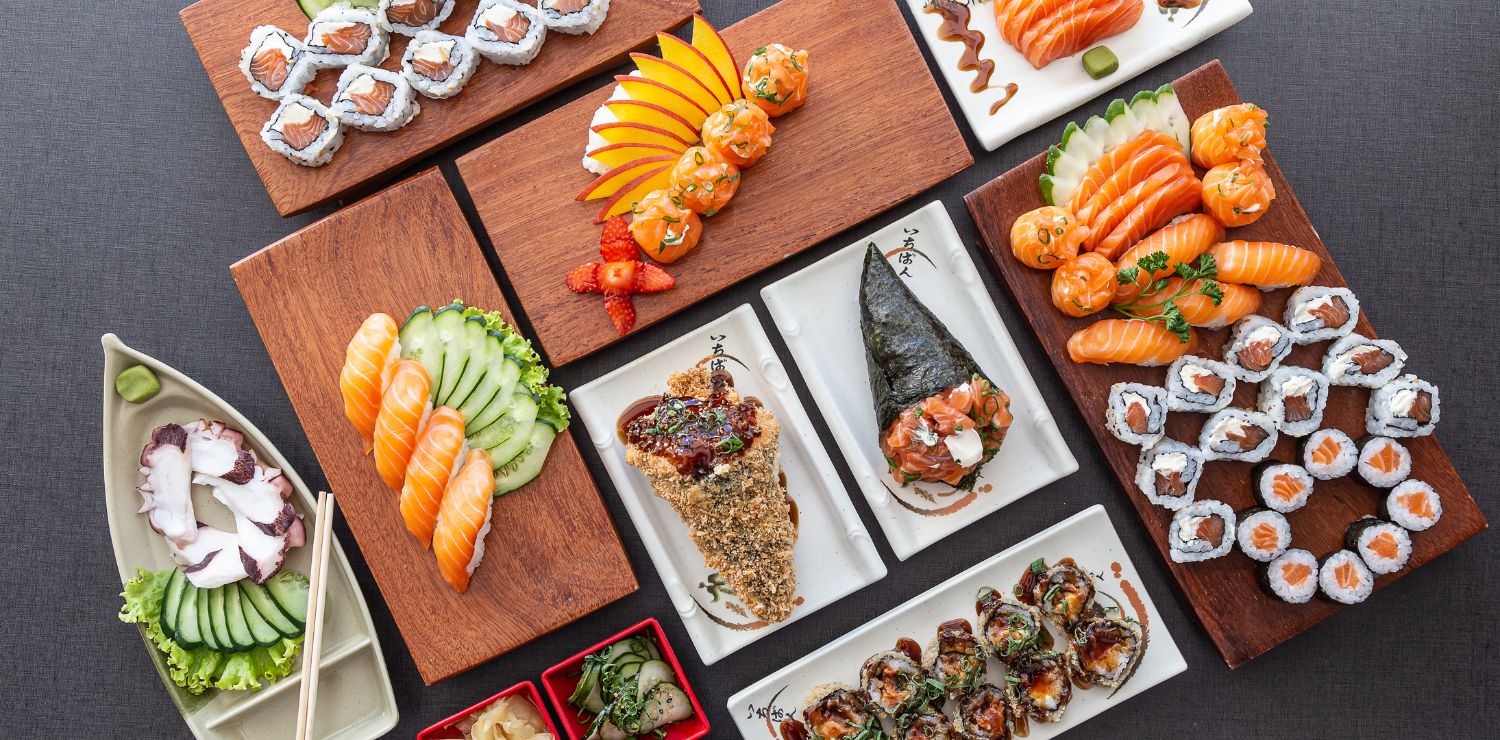6 Tips to Know About Japanese Cuisine
Japanese cuisine is one of the richest and most succulent in the world. From sushi parties to Japanese barbecues, you will find all the menus that can satisfy your taste buds. Japanese cuisine has indeed gained followers in recent years. Indeed, many people have truly embarked on the quest for the sweetest cuisines in the world. If you are a fan and an adventurer of cooking and you want to know more about Japanese cuisine, read this article.
Learn to tame fish Japanese style
It is true that to become a master of Japanese cuisine, you must learn recipes for several years. However, you have the possibility to take a glance at Japanese cuisine books to quickly grasp the most common recipes. Some cooking books even offer chapters on carving initiation. At this level, you will learn a lot about Japanese cuisine such as:
- Sharpening the knives of the chefs of Japanese gastronomy;
- The use of Japanese kitchen accessories;
- Maintenance of Japanese kitchen tools.
In addition, there is a cooking method to tame fish Japanese style. It is precisely about preparing sardines like a Japanese cooking pro.
Make dried seaweed: revisit MIMOSA eggs
Several ingredients are involved in the design of Nippon menus. These ingredients can be natural or retouched to give a better taste to the cuisine. Without a doubt, this is the case of dried seaweeds to revisit MIMOSA eggs. These leaves usually become brittle in cupboards with humidity. So, you will need to tear them and soak them in water with soy sauce to recycle them.
When you do this, the texture of the leaves becomes pasty and you need to prepare them for at least five minutes. The cooking fire should be medium and you must add a little honey and water to the seaweeds. At the end of the cooking, you get a delicious seaweed marmalade to eat with hard-boiled eggs.
Fill your cupboard with all the ingredients of Japanese cuisine
If you want to know the real secret of Japanese cuisine, you must always have the ingredients of this somewhat unpopular culinary art at hand. They vary from one Nippon gastronomy recipe to another and from one region of Japan to another. All things considered, some ingredients of Japanese cuisine are popular and known to everyone because they are involved in a diversity of recipes. The most versatile ingredients of Nippon cuisine include:
- Wagyu is tender beef with marbled meat;
- Kombu is a set of dried seaweeds;
- Yukari is a mix of salt and Nippon basil;
- Mirin Mikawa is a sweet, syrupy seasoning;
- Higashimaru soy sauce is a fermented brown sauce.
Moreover, other ingredients in Japanese cuisine include Yuzu juice, Ponzu, Iwashi, Taro, and Red Miso.
Prepare Japanese rice vinegar
It is very easy to make Japanese rice vinegar when you know how. To start, you should lift the different fillets of mackerel to sprinkle them with salt and sugar. Then, let everything marinate for at least 5 minutes before rinsing with cold water. After this step, you wipe the mixture with paper, then close the fillets in a bag with rice vinegar. The cooking will take at most five minutes and you can move on to the tasting.
Desserts of Japanese cuisine
In the Nippon dessert menu, you will not only find sweet potatoes with syrup and red bean cakes. Indeed, there are also the little jellies that are usually prepared with fresh fruits. To make the airy and pretty little jellies, you proceed to inflate 10 grams of powdered gelatin. You must respect the measures of three tablespoons so that the jellies give a good result.
Find a home cook job to know all the hidden secrets of Japanese cuisine
The best way to uncover all the hidden secrets of Japanese gastronomy is to practice the job for home cooks. It is true that you must undergo training before applying for a job in the field of Japanese cuisine. But the trainers cannot teach you everything about Nippon menus and ingredients. To better understand the secrets of this succulent cuisine, you must get closer to Japanese households.
FAQ
What is traditional Japanese cuisine and how does it differ from other Asian cuisines?
Traditional Japanese cuisine is characterized by its attention to detail, freshness, and balance. It highlights seasonal ingredients and relies on meticulous preparation techniques. Unlike other Asian cuisines, Japanese cuisine tends to preserve the natural flavor of the ingredients by avoiding strong spices. Dishes are often presented in an artistic manner, reflecting the Japanese aesthetic. This cuisine includes emblematic dishes such as sushi, sashimi, ramen, tempura, and teppanyaki.
What are the essential ingredients of Japanese cuisine and where to find them outside of Japan?
The basic ingredients of Japanese cuisine include rice, fresh fish, seaweed (like nori used for sushi), soybeans (soy sauce, miso, tofu), fresh vegetables, dashi (fish or seaweed broth), and noodles (udon, soba, etc.). Many international supermarkets or specialized grocery stores now offer a wide range of Japanese ingredients. In addition, some online stores can deliver these products worldwide.


How to prepare mochis?
Why have a utility knife in your kitchen?